Celebrating black history month 2024 Reading list
February 26, 2024
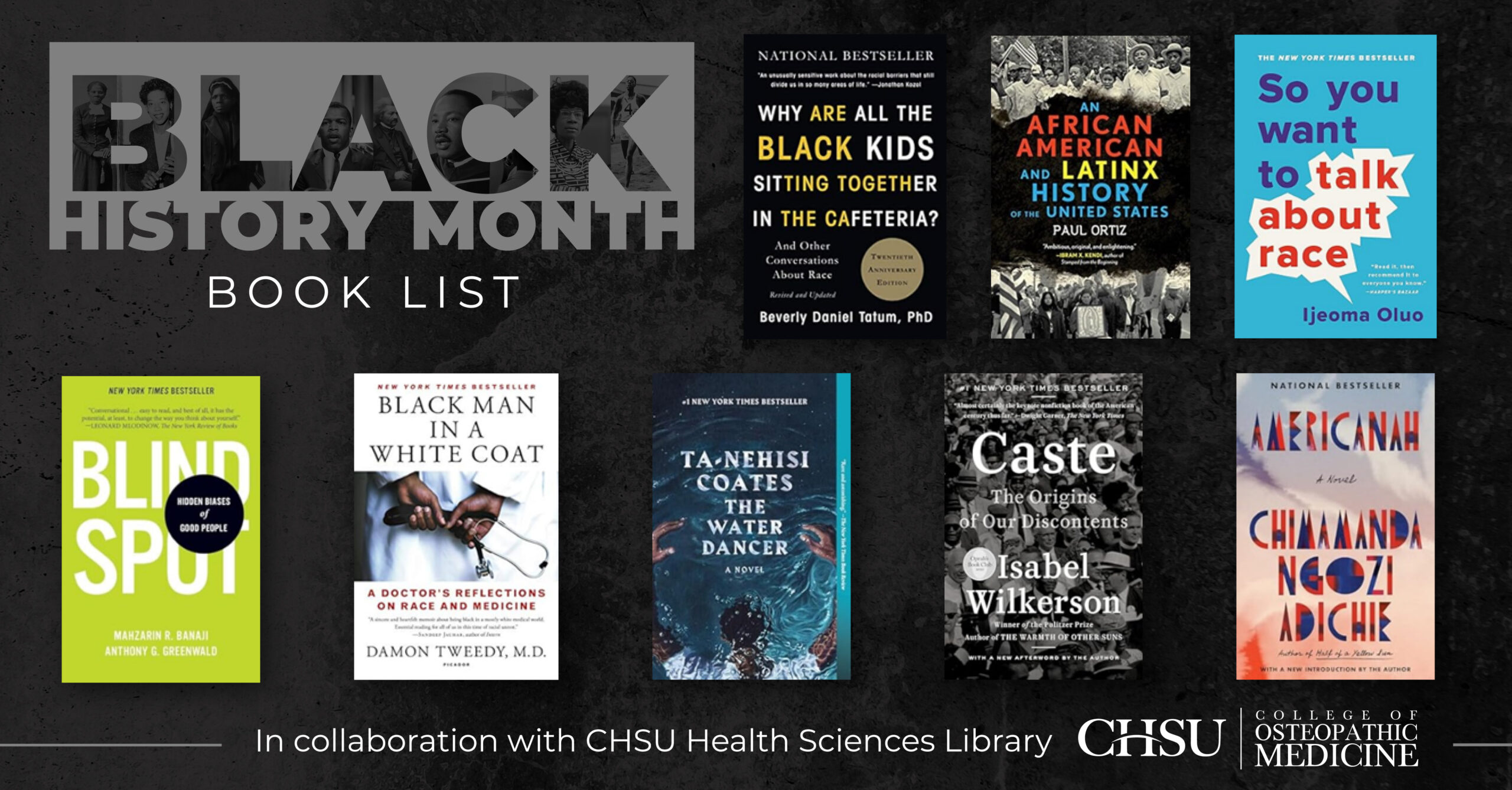
In recognition of Black History Month, the Health Sciences Library is pleased to provide a list of the following print titles that can be checked out of the Library’s general collection.
Why are all the Black kids sitting together in the cafeteria?
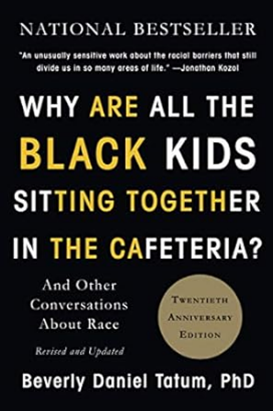
Walk into any racially mixed high school and you will see Black, White, and Latino youth clustered in their own groups. Is this self-segregation a problem to address or a coping strategy? How can we get past our reluctance to discuss racial issues?
Beverly Daniel Tatum, a renowned authority on the psychology of racism, argues that straight talk about our racial identities is essential if we are serious about communicating across racial and ethnic divides and pursuing antiracism.
Library Call Number: E 185.625 .T38 2017
An african american and latinx history of the united states
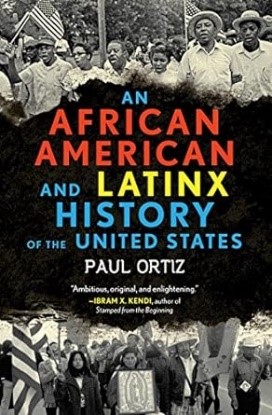
In “An African American and Latinx History of the United States,” author Paul Ortiz argues that both communities played crucial, interconnected roles in shaping the nation, often challenging dominant narratives of “manifest destiny” and “progress.” By centering their voices and struggles, he recasts American history as one of working-class resistance against imperialism and ongoing fights for civil rights
Library Call Number: E 184.S75 O79 201
so you want to talk about race
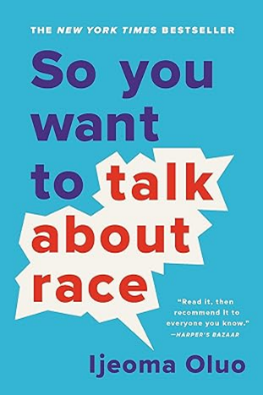
Ijeoma Oluo’s “So You Want to Talk About Race” tackles tough questions about race in America through accessible chapters titled like “Is reverse racism real?” and “What’s cultural appropriation?”. Filled with personal anecdotes, statistics, and actionable advice, it aims to dismantle systemic racism and empower both people of color and white allies to engage in honest, uncomfortable conversations about race and work towards a more just society.
Library Call Number: E 184.A1 O454 2019
medical aparteid
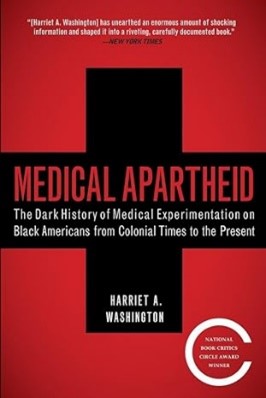
In “Medical Apartheid,” Harriet Washington unveils the disturbing history of medical experimentation on Black Americans from slavery to the present. Shockingly, Black individuals were often used as unwilling guinea pigs, subjected to unethical and dangerous procedures without consent or knowledge. This chilling exposé reveals the deep-rooted racism within the medical field and its lasting impact on Black communities’ trust and health outcomes.
Library Call Number: 853 .H8 W37 2006
blacks in osteopathic medicine: an idea whose time has come
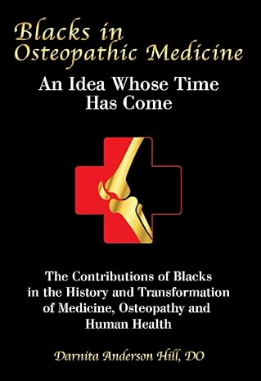
In “Blacks in Osteopathic Medicine: An Idea Whose Time Has Come,” Dr. Darnita Anderson Hill delves into two key areas. First, she sheds light on the historical contributions of Black individuals to osteopathy and healthcare, often downplayed or forgotten. Second, she emphasizes the importance of increasing diversity and inclusion within the osteopathic field, showcasing the positive impact it would have on both patients and practitioners. This book serves as a powerful call to action, urging recognition of the past, celebration of Black achievements in medicine, and active efforts towards a more equitable future in healthcare.
Library Call Number: WZ 80.5 .B5 A5469 2017
blindspot
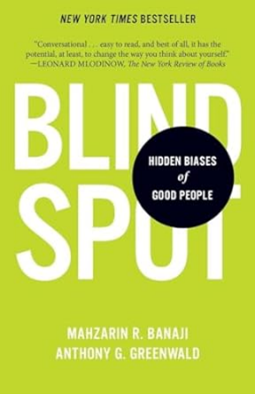
“Blindspot” by Mahzarin Banaji and Anthony Greenwald dives into the world of unconscious biases – hidden prejudices we all carry, even if we hold opposing conscious beliefs. Using the metaphor of a visual blind spot, the book reveals how these biases influence our thoughts, judgments, and behaviors towards different groups, often perpetuating discrimination without our awareness. By understanding their existence and exploring the science behind them, the authors empower readers to “outsmart the machine” in their heads and work towards fairer interactions with everyone.
Library Call Number: BF 575.P9 B25 2016
Although the following titles are currently not available for check out, but the HSL team also recommends the following titles:
Black man in a white coat
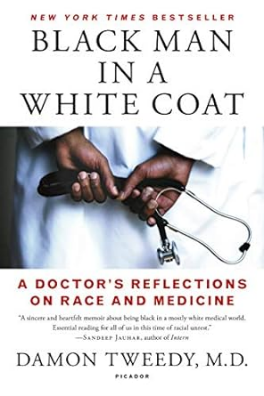
Dr. Damon Tweedy’s “Black Man in a White Coat” navigates the complex intersection of race and medicine. He recounts his journey as a Black man navigating medical school and practice, highlighting the challenges faced by both Black physicians and patients due to ingrained racial biases and disparities in healthcare access. This introspective memoir sheds light on the need for systemic change in the medical field to achieve equitable healthcare for everyone.
the water dancer
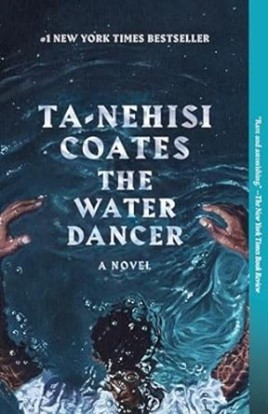
In Ta-Nehisi Coates’ “The Water Dancer,” enslaved Hiram Walker discovers a mysterious ability to manipulate water. Fueled by this power and a desperate desire to reunite with his family, he embarks on a daring escape from Virginia’s plantations. His journey unfolds amidst the Underground Railroad, guerrilla warfare, and idealistic abolitionist movements, exploring themes of freedom, race, and the resilience of the human spirit in a brutal era.
Caste: The Origins of our discontents
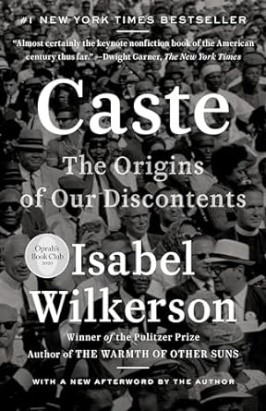
Isabel Wilkerson’s “Caste: The Origins of Our Discontents” argues that America operates on a rigid caste system, similar to India and Nazi Germany, but based on race. This hidden social hierarchy, she asserts, is far more influential than class or racism in shaping life outcomes, health, and even perceptions of self-worth. Through personal stories and historical analysis, Wilkerson exposes the “pillars” upholding this system and calls for acknowledging its existence as a crucial step towards dismantling its damaging effects on American society.
Americanah

In Chimamanda Ngozi Adichie’s “Americanah,” Ifemelu, a young Nigerian woman, navigates love, identity, and race across continents. Immigrating to the U.S. for college, she confronts racial realities unseen in Nigeria, chronicling them in a popular blog. Meanwhile, her first love Obinze struggles with visa rejections and builds a different life back home. Years later, their paths converge again, forcing them to confront past choices and redefine love amidst shifting circumstances, both personal and societal, highlighting the complexities of diasporic experiences.
Please don’t hesitate to contact the Health Sciences Library team if you have any questions or need further information.